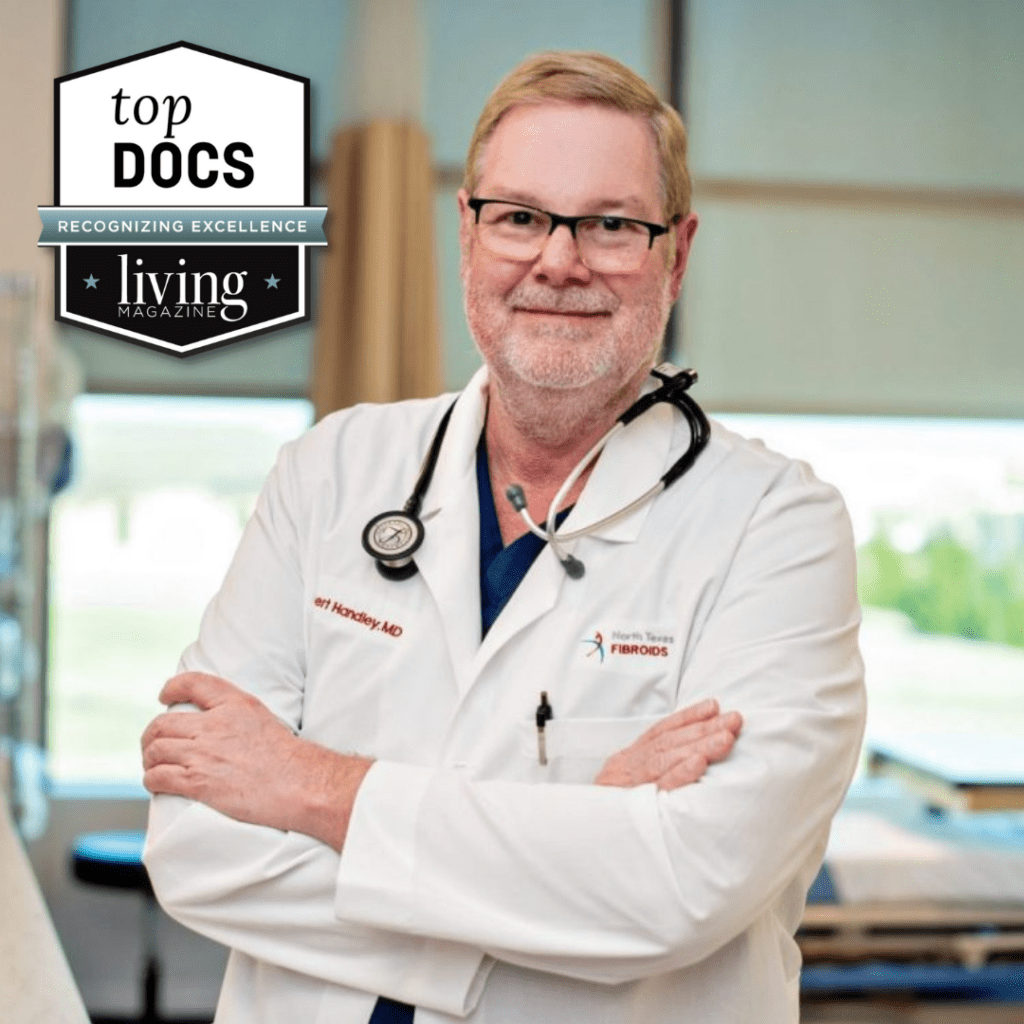Many people know little about vein disease, and even less about the marvelous advances that have been made in diagnosing and treating it in recent years. For them, we felt it would be helpful to create a kind of “Beginner’s Guide” to help them better understand what vein disease is, what their risk of developing it may be, and how it is treated.
What exactly is vein disease?
To start at the beginning, vein disease is what happens when the sensitive blood vessels that carry deoxygenated blood and waste materials from your extremities back to the heart and lungs become damaged. This damage may occur as the result of aging, genetic factors, medications, or lifestyle choices. Essentially, vein disease is a failure of the circulatory system, one that means that the complex system that keeps your blood flowing has become to some extent broken, and dysfunctional. This dysfunction may manifest in visible symptoms like varicose veins or swollen legs and ankles, or it may “hide” beneath the surface of the skin. Examples of the latter hidden (and thus more difficult for a layman to diagnose) conditions include diseases such as chronic venous insufficiency (CVI) or deep vein thrombosis (DVT). Factors that greatly increase your risk of developing vein disease include aging, genetics (you are more likely to have vein disease if your parents had it), and gender (women are more likely to develop vein disease than men, for hormonal reasons). Lifestyle factors that increase your vein disease risk include obesity, smoking, sitting or standing for long periods of time (for example, working at a desk all day), and lack of exercise.
How is vein disease diagnosed and treated?
Modern vein disease treatment in Texas is nothing like it was only a few decades ago. At that time, many of the diagnostic techniques and treatment methodologies were invasive, requiring hospitals, surgery, general anesthesia, and long recovery periods. Today the diagnostic procedures used to detect vein disease are fast, painless, and non-invasive, using technologies like ultrasound to look beneath the surface of the skin. A vein health screening can be completed in under an hour. And the methodologies used to treat vein diseases – if they are found – are equally fast and painless. There is no longer any need for hospitalization, because almost all treatments can be performed in the comfort of your doctor’s office, with no recovery period required. There is usually no need for anesthesia, because the procedures are minimally invasive and involve nothing more than inserting a tiny catheter into a vein and guiding it into place using ultrasound to remove damaged tissue. The catheters used to perform sclerotherapy, radio-frequency ablation, and endogenous laser therapy are actually smaller than the hypodermic needle used to give you a flu shot.
How do I find out more?
You could spend some time examining the many educational articles on our website at flowermoundveins.com/, but even easier, you could just call Dr. Robert A. Handley at 972-410-5757 to set up an appointment for an initial consultation. Dr. Handley will thoroughly analyze your vein health, explain your risk of developing vein disease to you, and if none is present he will explain to you how you can lower your risk and help to prevent it. If vein disease is found, he will explain all of the treatment options to you, and help you choose which is most appropriate. At Flower Mound Vein Center, we really are here to help our patients in any way we can, and that includes giving them all the information they need about vein disease. Call us today and let us help you.
